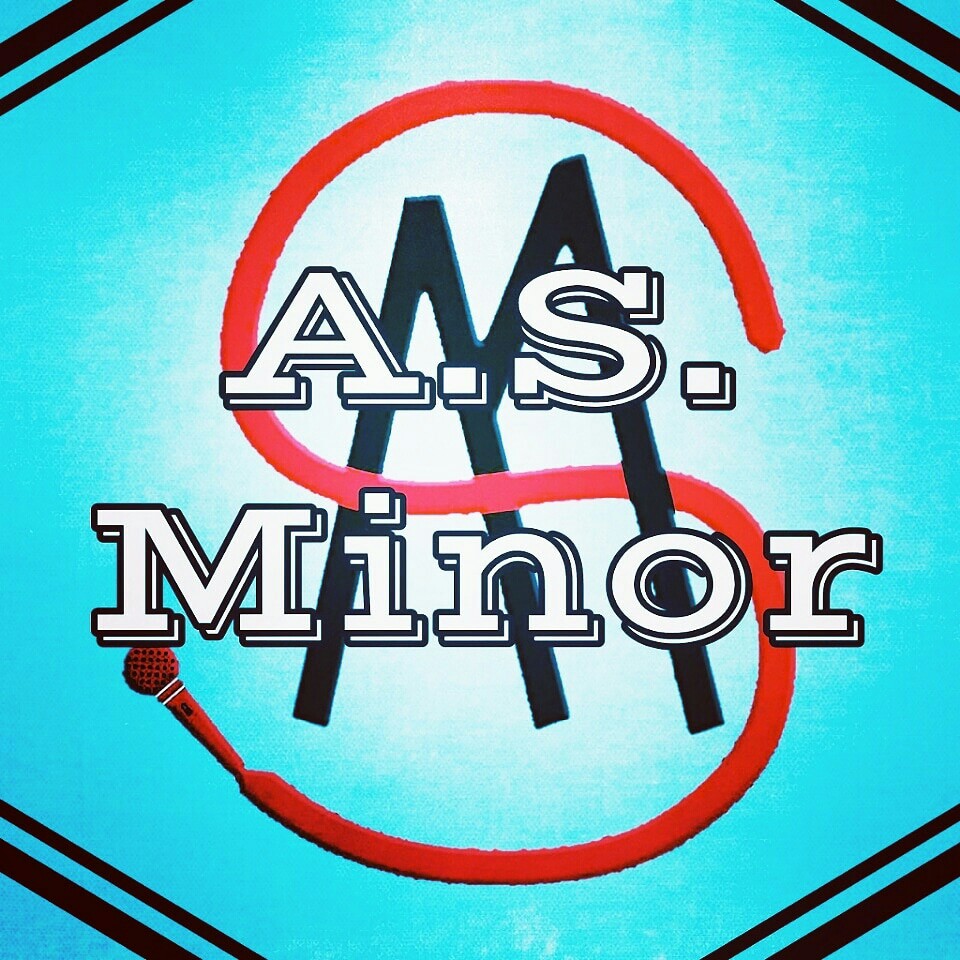I've only just begun watching the She-Hulk television series on Disney+. At the time of writing this, only the first season has been released, so I haven't yet seen enough to feel comfortable voicing an opinion on it yet, but it's definitely interesting. The point that caught me is the fact that they use Dialectical Behavioral Therapy (DBT) to help control their emotional states.
For those that are unaware, DBT is a specialized form of therapy that is designed to create new coping skills. It was initially created by a psychologist named Marsha Lineham for the purpose of treating Borderline Personality Disorder (BPD), as well as other personality disorders. Today, it is also used for alcoholism, PTSD, and many other mental health issues. I went through DBT following my divorce, to help with my BPD, and it was the best decision I've ever made for myself.
Again, I've only just started the show, so I don't know if the other parts will be discussed. So far, they've only really touched on "Mindfulness Meditation." They didn't go too much into it, so it may seem like they were simply meditating, but Mindfulness is a very specialized form of meditation that is designed to actually rewire your brain, in a sense. The basis for Mindfulness came from years of scientific studies on Buddhist monks, and their meditation practices. The brain scans are actually very fascinating to see. Mindfulness meditation, however, is a blending of those ancient practices and modern psychology. In its simplest terms, it is designed to teach the person to separate themselves from their emotions. There are countless videos on YouTube on different exercises used to achieve this.
I feel obligated to mention here that Mindfulness is not a cure to anything. It is a way to build mental habits that, over time, will change how the mind naturally handles stressors. It is a stepping stone in building new coping mechanisms.
As previously mentioned, there are multiple steps to DBT; five, actually. I've included links to some resources for further education on each stage (just click the name of the skill):
Mindfulness is a big part of DBT, because the therapy is meant to create new neural pathways, so it makes sense that the first step is to teach the person to learn to handle their thoughts so there are no distractions. Its purpose is to help develop their ability to control their attention, which is a skill that is needed before they can learn to regulate their emotions. In this DBT skills module, the primary goal is to help clients learn to participate fully in their lives while being non-judgmental, staying one-mindful, and focusing on being effective in moving towards their long-term life goals.
This ties directly into handling the emotions. This skill is to teach the person to cope with periods of intense emotions and stress without behaving in a way that would make the situation or problems worse. These DBT skills provide clients a more effective way of managing crisis situations by means of distraction, improving the moment, and self-soothing.
This stage helps individuals in DBT therapy appreciate the purpose of emotions when encountering different problems and situations. Clients learn to accurately identify and label emotions, change emotional responses to situations, reduce vulnerability to negative emotions, and learn to manage extreme emotions.
Interpersonal Effectiveness Skills
This is usually done in a group setting. Personally, this is my least favorite part, because I'm a bit of an introvert. This is an important component, though, because it gives the person a real-world opportunity to practice these new skills while under the supervision of the therapist. It's more than that, though. It also teaches the person to balance the ability to be assertive (ask for what they want and to say no), keep and improve relationships, and increase self-respect. The goal is to decrease interpersonal conflict, improve active interpersonal problem-solving, and build positive social support.
Many behavioral issues come with the idea of “black and white thinking.” This is the psychological inability to find a “middle ground” when confronted with internal and external conflicts. It's an all-or-nothing mentality that can make things seem far more difficult to handle. This stage was added to the DBT skills to help families and teens manage the relevant issues within their relationship. These skills help clients learn to balance acceptance and change so they are able to see that there is more than one way to view a situation or solve a problem. A primary goal of this module is for clients to work on changing painful or difficult thoughts, feelings, or situations while also accepting themselves, others and their current problems.
With all that said, it's easy to see how Bruce Banner found peace and self-control through DBT. It’s also important to note that these are not specialized skills only for mental health issues. These are skills that many people are unknowingly taught as they grow up, through modeling from parental figures and other adults. DBT simply lays them out in a format that is easy to teach and learn. Unfortunately, many children find themselves in home situations that don't allow for those lessons to be taught. There are countless reasons why this could've happened; absent parent or parents, abuse, or the parents simply didn't have the skills themselves. Regardless of the reasoning, though, these issues point to an inability to fully regulate their own emotions and thoughts. This can lead to difficulty forming relationships, or even just being happy.
This is why I was so excited to see DBT featured in such a prominent television series. As someone who gained many life skills from television growing up, this gives me hope for the direction our society is headed regarding mental health. It shows that we're starting to see it as something that everyone should be concerned about, not just those who “Hulk out” when they get angry.

